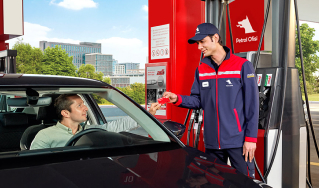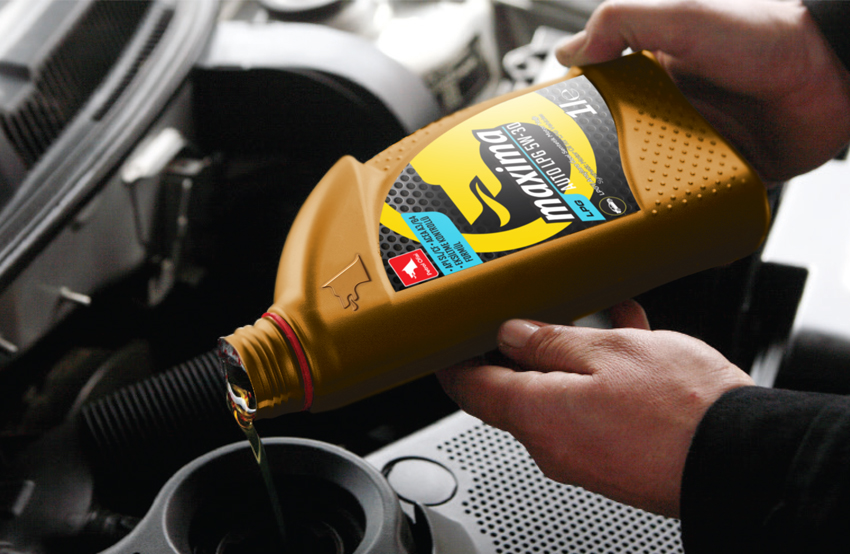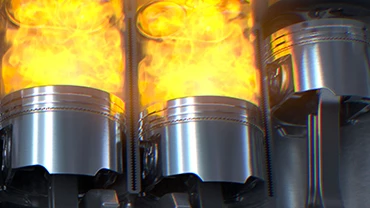A vehicle does not consume more engine oil simply because it runs on LPG. According to automotive experts, it is normal for about one-quarter of the engine oil to be consumed every 10,000 km. However, this rate may vary depending on the engine type and technology used. If oil consumption exceeds this level, the vehicle should be inspected. Provided the engine components such as pistons, sleeves, valves, valve seats, and gaskets meet required standards, LPG use does not cause additional oil consumption. If your LPG-powered vehicle is losing oil, it may indicate the presence of minor leaks or clogged passages formed over time by deposits. It is also common for vehicles that have surpassed 150,000 km to experience a natural increase in oil consumption.
For the latest-generation passenger and light commercial vehicles, Petrol Ofisi offers a wide range of premium engine oils designed for optimal protection and performance. Discover them now under our Passenger Car Engine Oils category!
And do not miss our article Why It’s Important to Use Engine Oil Specifically Designed for LPG Vehicles.





